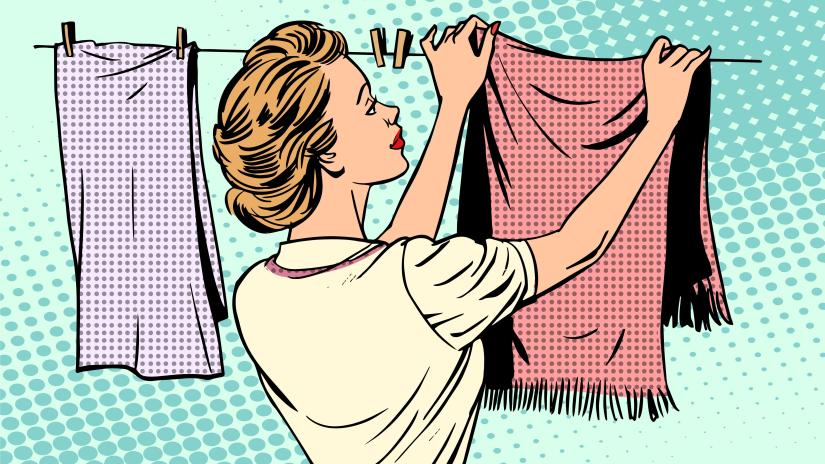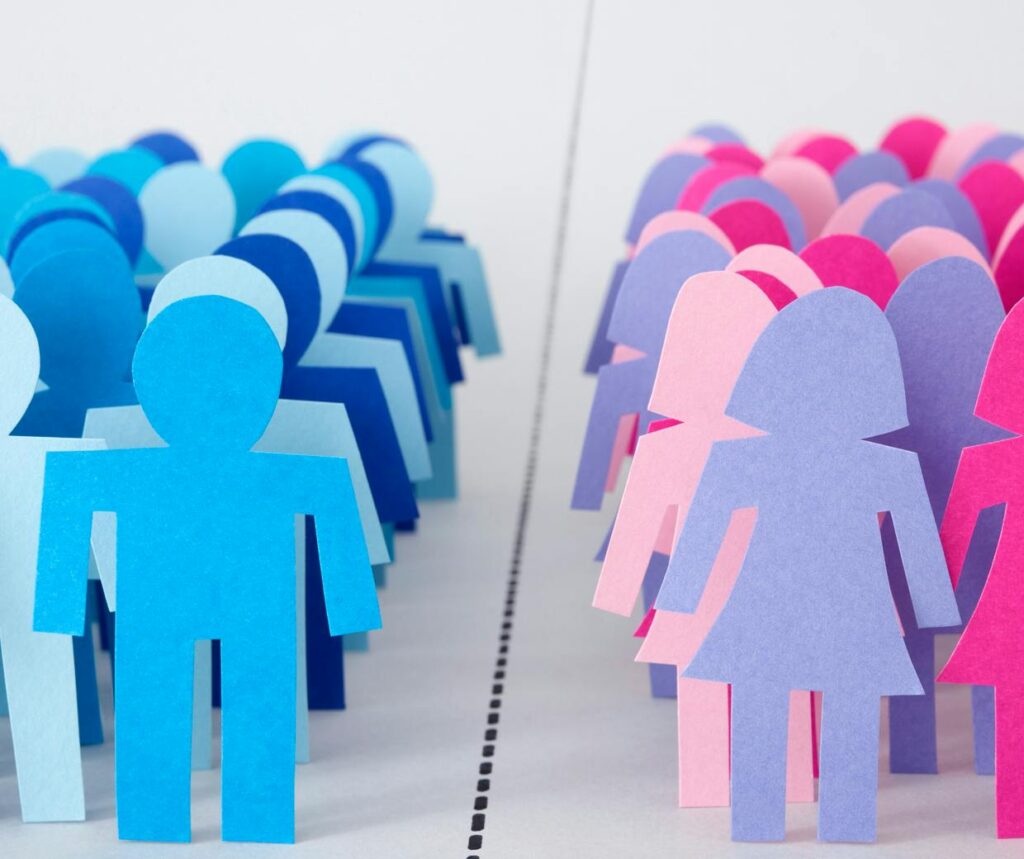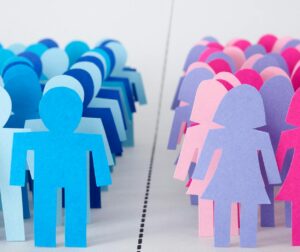In the world of television in Pakistan, advertisements often play a role in reinforcing stereotypes about gender. These short but powerful segments can shape how people see themselves and others. Advertisements significantly impact our collective mindset, whether by portraying women as the primary architects of a peaceful home or endorsing impractical beauty standards. Let’s explore the widespread problem of gender stereotypes in Pakistani media, looking at its impact and suggesting ways to bring about positive change.
The Reinforcement of Traditional Gender Roles
A recurrent theme in many advertisements is the assignment of gender-stereotypical roles, particularly within the household. Women are mainly showcased in domestic settings, engaging in activities considered traditional and stereotypically feminine. They are usually represented as performing tasks like laundry, cooking, and cleaning the house. This sends the message that these jobs are only for women. By doing this, ads keep the idea alive that certain responsibilities are meant only for one gender. As a result, it makes it harder to change certain societal norms and hinders the progress toward more equitable roles within the family.

Showcasing Men as Decision Makers
Advertisements frequently depict women in traditional roles and often present men as the decision-makers and knowledgeable authorities. For instance, in ads, men might be shown leading a washing powder challenge or giving directions on household products. This portrayal tends to show women solely as executors, highlighting old-fashioned family power dynamics. It undermines the agency of women and also reinforces the idea that specific decision-making areas are meant for men.

Beauty Standards and Colorism
Advertisements promote unrealistic beauty ideals, especially regarding skin tone. They often promote whitening creams, tapping into the long-standing preference for fair skin. The pressure to conform to these standards affects both men and women. Also, young girls feel compelled to use these products, reinforcing a culture that values lighter skin. To top it off, when advertisements feature celebrities endorsing these products, it further exacerbates the issue, creating a damaging cycle that links a person’s worth to their appearance.
The Call for Regulatory Changes
There is a need for regulatory measures to address the impact of advertisements on societal norms. Although the Pakistan Electronic Media Regulatory Authority (PEMRA) has taken a positive step with its Code for Advertisements, there is still room for improvement. It is imperative to enforce more stringent regulations on ads that reinforce harmful stereotypes, especially those depicting traditional gender roles or endorsing unrealistic beauty standards. These enhanced regulations can serve as a driving force for positive change, cultivating a media environment that reflects the values of gender equality.
The influence of advertisements on societal norms cannot be underestimated. Regulatory adjustments are necessary to combat gender stereotypes by restricting biased portrayals in media and advertising. Additionally, incorporating counter-stereotypical imagery in content and raising public awareness through educational campaigns contribute to a multi-faceted approach, fostering a more equitable and inclusive societal mindset. In this way, Pakistan can pave the way for a more inclusive and equitable society where individuals are free from the constraints of predefined gender roles and beauty standards.
Disclaimer: Any opinions expressed in this blog do not necessarily reflect the opinions of CREDP. This content is meant for informational purposes only.








